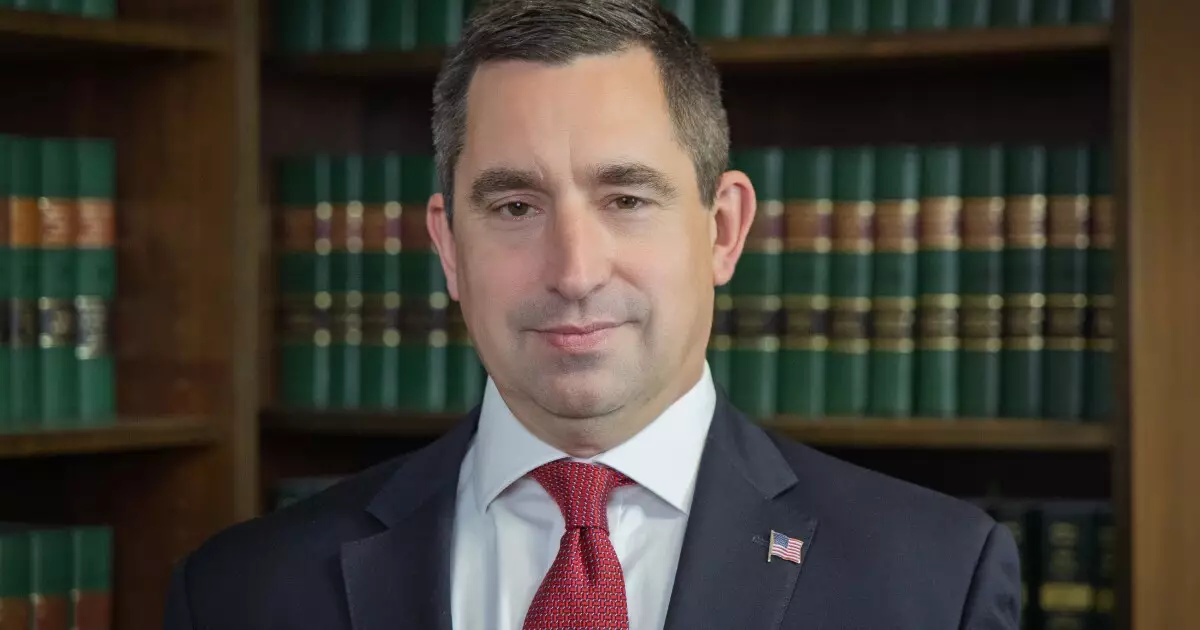The announcement from North Carolina State Treasurer Brad Briner regarding the appointment of Jeff Poley as interim director of the State and Local Government Finance Division is not merely an administrative shuffle. It represents a pivotal moment for fiscal leadership in a state that has often grappled with both innovative governance and financial stagnation. Briner’s decision underscores the pressing need for strong managerial capabilities in the face of recent challenges, especially following the resignation of Deputy Treasurer Debbie Tomasko. Such a transition can either fortify confidence in local governance or exacerbate existing issues, and the stakes could not be higher.
A Legacy of Local Insight
Jeff Poley’s extensive experience as a bond lawyer in North Carolina, highlighted by his decades of work within local government frameworks, positions him uniquely for this role. His involvement in the Hurricane Helene Cashflow Loan Program demonstrated his ability to respond to urgent financial needs and navigate complex bureaucratic landscapes. However, while Poley’s qualifications are commendable, there’s an unsettling tendency among financial leaders to become too comfortable in their roles, allowing for stagnation rather than innovation. The question remains: Will he leverage his experience to foster new financial strategies, or will he merely maintain the status quo?
A System on the Brink
The North Carolina Local Government Commission, which oversees municipal bonds, is vital for ensuring fiscal prudence among the state’s 1,100 local government entities. Briner and Poley must acknowledge that the system is showing signs of strain, particularly as various municipalities face mounting debt issues exacerbated by economic uncertainties. Relying solely on established procedures is a risky game that could leave many communities vulnerable. Only through proactive measures and collaboration can they shore up financial stability in these localities. Rhetoric supporting a seamless transition does little to quell the anxiety surrounding fiscal practices that have previously deviated from transparency and accountability.
The Challenge of Public Perception
As the interim leadership unfolds, both Briner and Poley must confront the underlying skepticism prevalent among citizens who have witnessed fiscal mismanagement before. Their ability to communicate effectively with the public, showcasing not just responsiveness but also a willingness to challenge the norms could redefine perceptions of governance in North Carolina. Failure to address public concerns could result in growing distrust toward state financial operations, laying the groundwork for political backlash—a risk that cannot be ignored.
A Call for Strategic Innovation
In an increasingly complex financial landscape, innovation will be crucial. As Briner hunts for a permanent division director, the new leader must champion the introduction of novel financial tools that complement the existing bond issuance process and offer better credit management practices across municipalities. Rather than merely reacting to challenges, the goal should be to create a proactive framework that delves into innovative funding alternatives—an entrepreneurial approach that embraces risk while prioritizing accountability.
Briner and Poley’s collaborative efforts might indeed be the catalyst that North Carolina needs to reinvigorate its financial framework, but they can only achieve this if they prioritize more than just transition: they need to inspire transformation. The next steps in this leadership journey could set the precedent for a sustainable financial future—one that is both resilient and growth-oriented.

